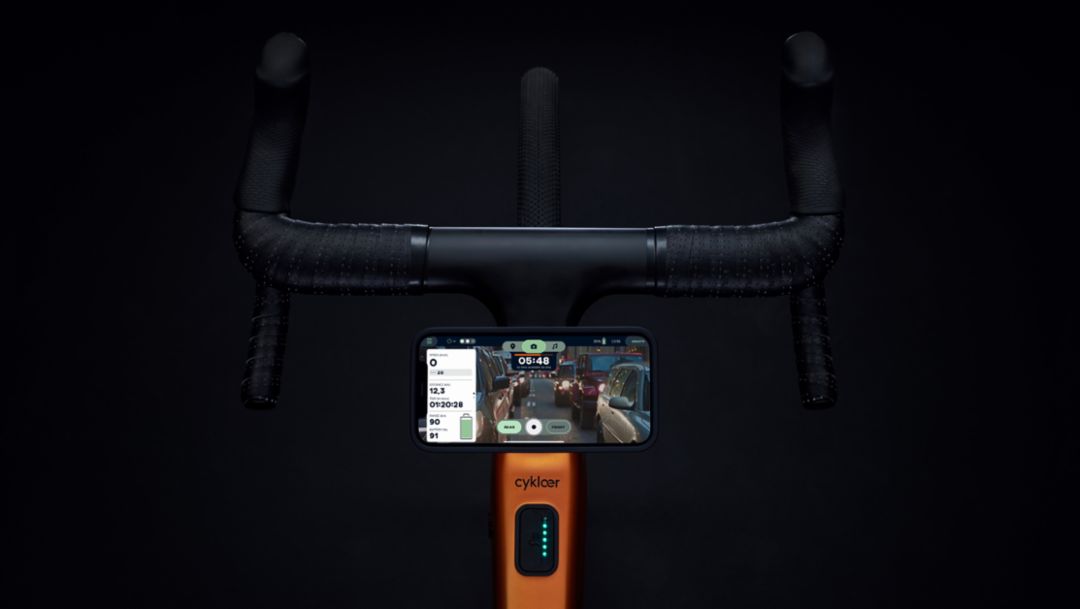Free and open source software (FOSS) is ubiquitous in the digital world, be it in the form of web browsers, operating systems or online encyclopedias. This is source code worth many billions of euros, which is freely available on the internet and can be used and modified by anyone. FOSS is also playing an increasingly important role in Porsche's software ecosystem. From mobile apps to control units in the vehicle, much of today’s software uses open source components.
“The benefits are multifaceted,” says Nik Peters, head of Porsche Open Source Office, “ranging from high levels of software maturity and transparency to lower costs, faster development cycles, and a shorter time-to-market.”
Porsche is now expanding its commitment further. The company has created a process for submitting and publishing code on the GitHub development platform, which is specifically aimed at software developers and subsidiaries such as Porsche Digital. This makes it even easier for employees to contribute to open source and publish code. It doesn’t stop there: Porsche is also broadening its online presence and the sports car manufacturer now has an official profile on GitHub – the world's leading developer platform for open source software, which is used by more than 50 million people.
A gateway to the global software community
With its open source strategy, Porsche is establishing a gateway to a software community comprising millions of developers. The aim is to promote cooperation in software development outside the corporate group and to share existing know-how in a profitable way. For example, employees can find mentors on GitHub or support other developers as mentors themselves. At the same time, Porsche will specifically promote employees as contributors and enable them to constantly expand their expertise to create even better software.
The first project that has been published in part on GitHub comes from Porsche Digital. The team around lead engineer Patrick Puritscher has developed a component for cookie consent management that is easy to use and can be customised in a flexible way. This solution is suitable for small landing pages as well as for larger web projects and is already in use at VIN Art, Cyklaer and Sounce. The focus of the open source strategy is on in-house developments and new initiatives, as well as participation in or contribution to existing third-party projects. Every employee is encouraged to play an active role in GitHub projects and advance the worldwide open source community as a contributor.
Porsche Open Source Office
Unlike commercial, conventionally licensed software, the source code of open source is publicly accessible and can be used and edited by anyone to develop their own software solutions. However, as well as bringing opportunities and advantages, open source presents considerable risks, such as unintentional licence violations.
Porsche has implemented extensive safeguards to avoid these problems. From developer, to component engineer, to team leader, everyone involved must observe certain rules and principles regarding FOSS. The Open Source Office around Nik Peters’ team not only checks compliance with the new control process, but also leads by example. In cooperation with the Open Source Offices of Bosch and Here, the Porsche Open Source Office acts as a contributor on GitHub. Together, the teams are developing the OSS Review Toolkit (ORT) with the objective of ensuring compliance. As a member of the ToDo Group, to which Adobe, SAP, and Netflix are also affiliated, Porsche Open Source Office is joining forces with other technology leaders, too. The goal is to learn from each other and advance open source together.





